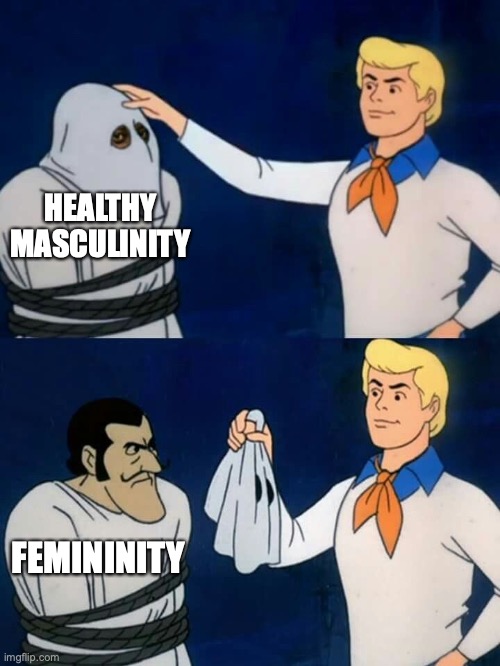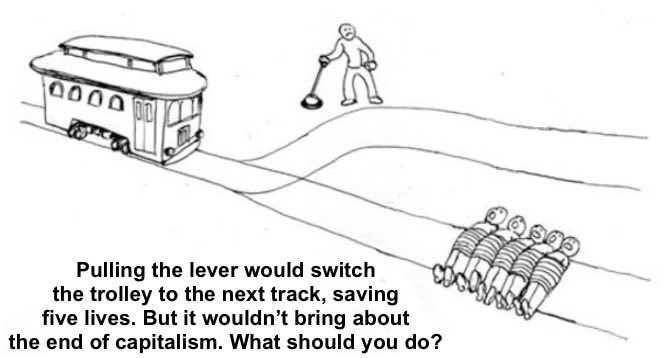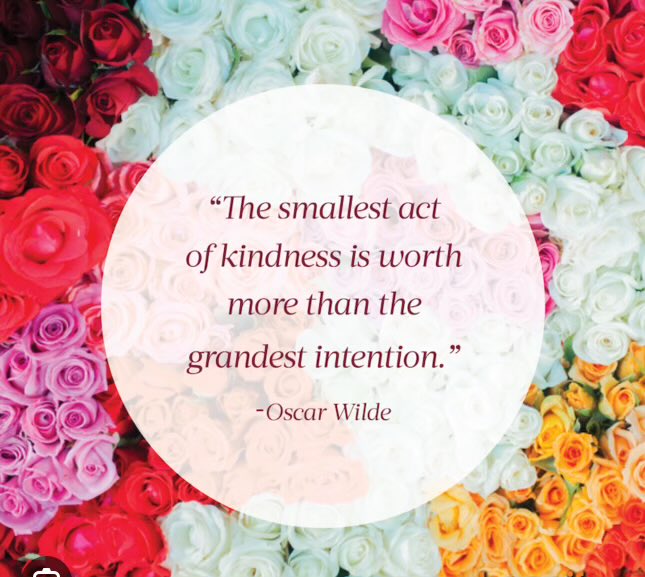The movie The Way Back, starring Ben Affleck, is about a former high school basketball star who is asked to coach said school’s struggling basketball program.
The first game of the season is against one of the best teams in the league and his boys are getting pummeled. The other team is starting to show off by dunking on his players and hanging on the rim.
Affleck calls a timeout and, after some colorful language that honestly should have gotten him fired, he gives his players the following instructions:
“The next time 32 goes over your back like that, put an elbow in his stomach. And if Childress tries to put you on a poster again, you hit so fucking hard he never comes down the lane like that again. Have a little fucking pride. I don’t give a shit if we lose every fucking game this year. I will not coach a team that has been out-toughed.”
To those who are not familiar with basketball, I need to give even more context to my intro. What was happening on the court to Affleck’s players was humiliating. I cannot stress that enough.
Affleck’s response to his players is completely out of place in today’s education system. But I think his response is the correct one to give to his boys and I think there is a reason that so many educators get it wrong when it comes to these situations.
60/40
First, a little background. Education was primarily done by men in the 19th century. As more women entered the workforce, the gender ratio became more diverse.
Then it flipped.
By the 1980-81 school year, about 67% of public school teachers were women. By 2015-16, that number shot up to 76%.
The increase in principals has been even sharper, from 31% in 1987-88 to more than 50% by 2011-12. The increase in principals is more influential, as they dictate policy and punishment. I will return to this in a bit.
Research shows that the shift in the gender ratio has less to do with an increase from women and more to do with a decrease in men entering the education profession. Why is that?
Academic Celeste Davis asked that very question in regards to the out of balance gender ratio in college enrollment. To her, than answer is clear. In any given group, when the gender ratio exceeds 60% women, men start to leave and it becomes harder to recruit new men. The reason boys are not going to college is because it has become female-coded.
This reasoning can very easily be extended to K-12 schools and explain why fewer men are teaching and working in administration, and also why boys in the classroom feel alienated and are falling behind.
We also see it in politics. In 1998, the number of college-educated women in the Democratic Party was 13%. It has now more than doubled to 30%. Today, women of all education levels make up 62% of the party, which has remained stable since 1998 and is unlikely to reverse since it has crossed the 60/40 line. It's not influencers like Andrew Tate or the supposed masculinity of Trump that is luring men to vote for the GOP. It's that the Democratic Party has become female-coded.
Diversity is our strength
Infusing a male-dominated industry with women will bring new perspectives and help solve problems that men could not solve alone. Likewise, when males leave an industry, their unique perspective goes with them and more problems go unsolved.
Now, I’ve been talking about male perspectives, principals who dole out puinishmnent, and high school boys dealing with humiliation. What do these things have to do with one another? The answer is bullying. More specifically, how modern schools respond to bullying.
My 12-year-old son was recently the victim of middle school bullying. I’ve been trying to help him with strategies. The adult part of my brain wants to say, “Tell your teacher” or “tell the principal.” But the part of my brain that remembers what it was like to be a middle school student overwhelms that part.
I’m not worried about him being labeled a tattle tale or a snitch. I’m just disappointed that our school disciplinary system has had decades to figure this problem out and we keep trying to solve the wrong problem. I don’t want the bully to get detention. I don’t want some bullshit restorative justice program where my son says how he was hurt and the bully says he’s sorry and promises not to do that again.
None of these things fix the problem.
The problem is that the bully took something from my son. He didn’t just tease him; he teased him in the cafeteria, in front of everyone. He took my son’s dignity. He took his status. I don’t want an apology from the bully. I want to extract a proportionate amount of status from the bully.
I want my seven fucking pounds.
The bully attempted to elevate his own status at the expense of my son. The only way to restore that justice is to take an equal amount of status away from him. My son should be able to humiliate the bully in front of an equal number of peers. Then there will be balance. Until then we are just kicking the tires on trying to solve the bullying problem.
(I unsuccessfully tried to coax my son into using the school’s punishment for bullying as leverage to humiliate the bully by making him give my son his lunch, in front of everyone, then for my son to proceed to throw the bully’s lunch into the trash. That woulda been a baller move imo.)
40/60
I believe that the reason we are not equipped to properly address the problem is the out-of-balance gender ratio in education professionals. Being bullied as a boy is a unique problem that requires a solution from an administrator who understands what it is like to be a boy. A female-coded administration is going to design policies that work for girls, which is why we end up with things like restorative justice programs, bias response teams, and social-emotional learning.
Let's return to Coach Affleck's quote:
“The next time 32 goes over your back like that, put an elbow in his stomach. And if Childress tries to put you on a poster again, you hit so fucking hard he never comes down the lane like that again. Have a little fucking pride. I don’t give a shit if we lose every fucking game this year. I will not coach a team that has been out-toughed.”
Okay, maybe I would suggest something less violent. But Affleck understood that the issue was that his players were being humiliated. Their dignity was stolen. It was too late in the game to mount a comeback and too early in the season for the coach to improve his play with better conditioning and game planning. His message was to tell the other team, "You might win the game, but if you try to show-boat (ie take our dignity), you are going to regret it."
I'm sure there are millions of reasons why boys are falling behind girls in school. But a significant one is that there are not enough people making the rules who understand boys. And too many suggestions to "fix" boys just sound like deprogramming them and grinding them down until they more closely represent their female classmates.









